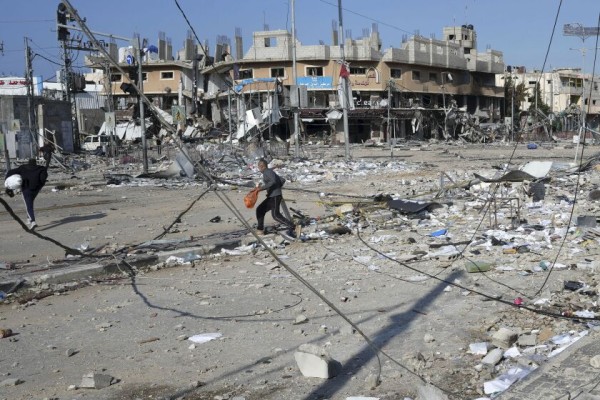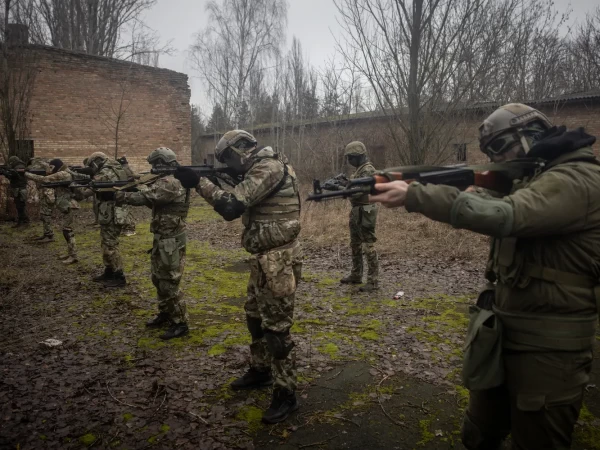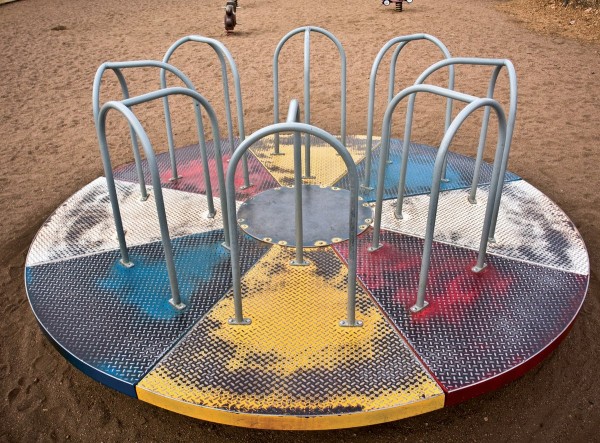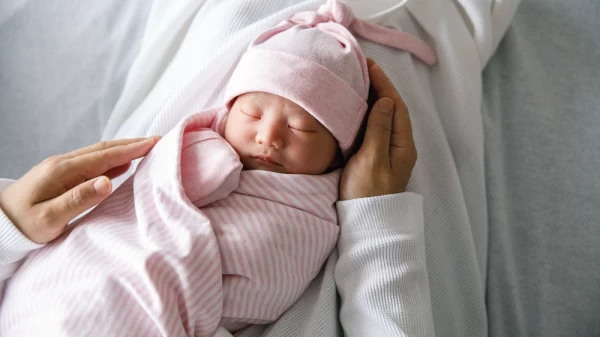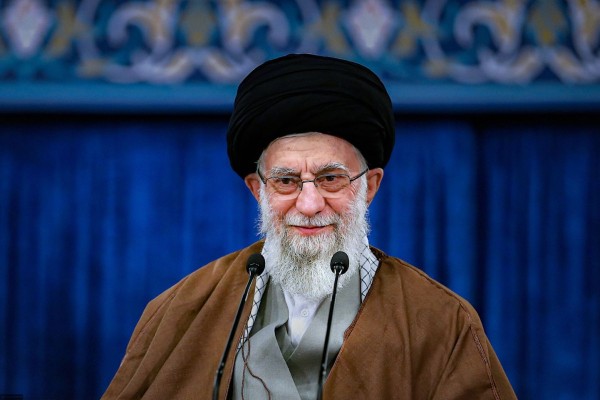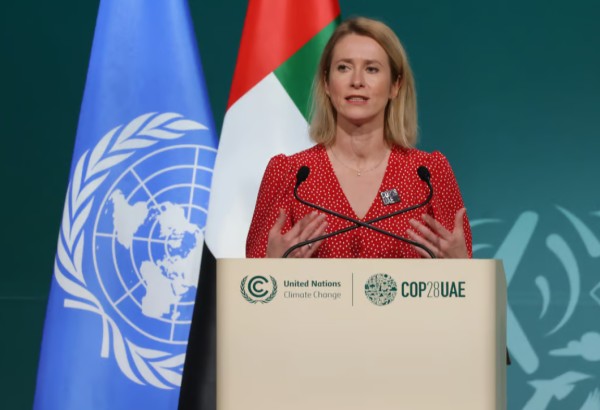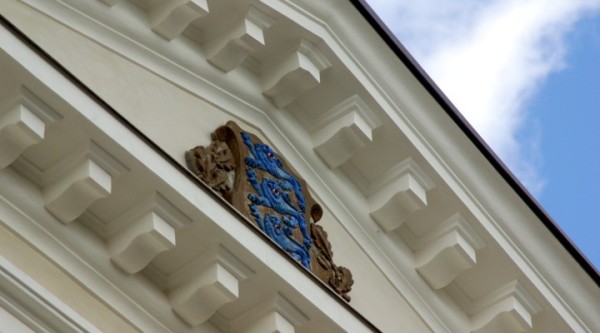VIENNA, November 19 – Ongoing debates about the modernization of Russia have attracted attention to the unfortunate reality that “all the institutional innovations of the last decade are leading to the degradation of the state as a creative subject and to its conversion into a system of life support for a narrow circle of people,” according to a Moscow commentator.
In an essay on the Grani.ru portal this week, Dmitry Shusharin says that both those who say that the modernization of the Russian state requires the creation of an alternative state and those who argue that the population should move “out from under” its non-modernized form highlight this problem, even if they do not acknowledge it directly.
That becomes obvious, Shusharin suggests, is one “recognizes that it is not the critics of the current regime [who have] invented the parallel structures” and that it is not they who “have thought up that the continuity of the state development of the present Russian Federation may be interrupted” unless there is massive change (grani.ru/Politics/Russia/President/m.162331.html).
Instead, it has been the leaders of that state itself who have unwittingly confirmed that the development of Russian political system over the past decade has resulted in the destruction not only of an independent role for the parliament but also the destruction as by the “tandemocracy” of “the nucleus of the new Russian statehood – the institution of the presidency.”
According to Shusharin, contemporary Russian statehood “began to be constructed with the appearance of the institute of the presidency, which stood opposed, which was not obvious at the state – to the system of the soviets and more generally of Soviet power.” Indeed, what Russians mark as Russia Day should be remembered as the day a Russian president was elected.
That institution allowed Russia to accomplish an enormous important – indeed, Shusharin says, “the liquidation of Soviet power undoubtedly was an historic achievement” – but “now all the achievements of those years have been reduced to nothing” because the presidency could serve that function “only under conditions of political competition and not clan consensus.”
And that in turn means, the Grani.ru commentator continues, that what must be “the chief instrument of modernization,” whether “we want it that way or not,” “does not work,” as the discussions about creating an alternative vertical or about the departure of the population from under it make clear.
“Not one of the tandemocrats,” he writes, “needs modernization.” Indeed, they have no motive for needing it, whatever they say. And that in turn means that “the entire vertical has no reasons” for supporting such steps, except perhaps for “that part of it which hopes for career growth as a result of some kind of ministry of modernization” or “’modernized parallel.’”
Unfortunately, this degradation of the state has an impact on society because the state even in its decaying form “does not intend to leave the population in peace.” Instead, it is going to continue to interfere and talk about the need for “the modernization of the personality” because it is not in a position to modernize itself.
Thus, Shusharin continues, no one is going to be able to get out from under this state as long as it exists. Those who try to do so may find that they will suffer “a premature death” in prisons, an outcome that could almost be described as “the professional disease of Russian entrepreneurs” given the tandem.
There is one especially interesting consequence of this development that is seldom noted, Shusharin points out, and that is the consequences for Vladimir Putin who chose Dmitry Medvedev to fill the office of the presidency but not to have the powers of that office that he and Boris Yeltsin had enjoyed.
But the result of that, he suggests, is that “the tandemocracy” as Putin set it up “is destroying not only the institution of the presidency but that image of Putin which was established when he was chief of state.” And in Russia where personalities matter so much because of the weakness of institutions, Putin may thus become the first victim.
Putin-Medvedev tandem destroying Russian State’s capacity to develop, Moscow commentator says
Arvamus
TRENDING







